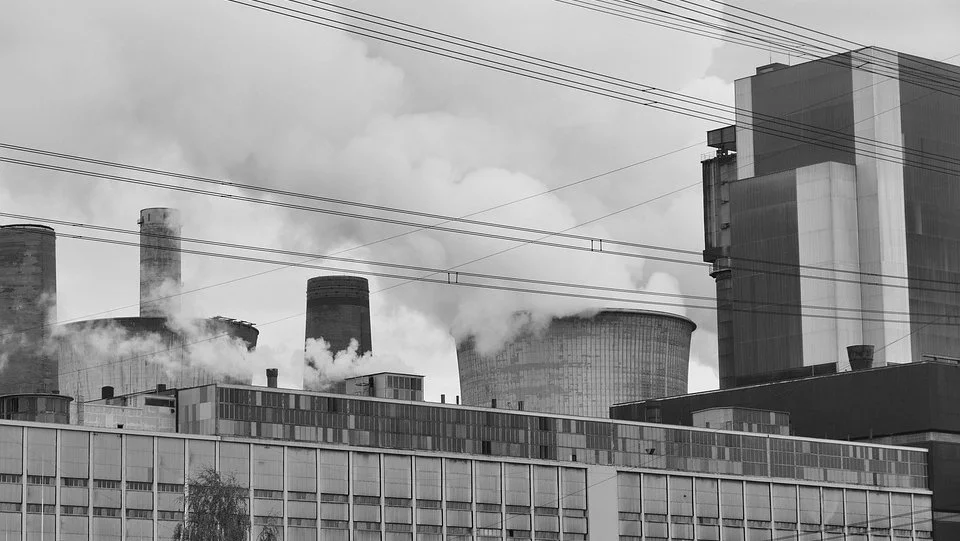Western Balkans Coal Plants: Six Times More Sulfur Dioxide and Deadly Violations
Imagine this: coal-fired power plants in the Western Balkans region emitted six times more sulfur dioxide (SO2) last year than allowed! Yes, you read that right – six times more! This is not just a number; it’s a wake-up call for the health of millions and our planet.
What’s going on?
According to the latest report by the CEE Bankwatch network and other environmental groups, coal power plants in Bosnia and Herzegovina, Serbia, North Macedonia, Kosovo, and other countries in the region have been violating air protection laws for years. Even though the allowed maximum SO2 emission limits have been lowered, these plants continue to emit multiple times more pollutants.
Who are the biggest polluters?
The worst offender is the Ugljevik power plant in Bosnia and Herzegovina, which emitted 14 times more sulfur dioxide than allowed last year! Although a desulfurization system was installed, it mostly doesn’t work because, as the operator admits, it is too costly to maintain. The second largest polluter is the Nikola Tesla B power plant in Serbia, with emissions 5.7 times above the permitted levels.
Health and environmental consequences
These emissions are not just numbers on paper. They directly endanger people’s health, increasing illness and premature death. Estimates say that between 2010 and 2018, about 19,000 people in the region died due to pollution from coal power plants, with around 12,000 deaths attributed to exceeding emission limits.
Why is nothing changing?
Seven years after new standards came into force, power plants still break the rules. Governments in the region fail to take adequate action, and courts do not enforce the laws. National Emission Reduction Plans (NERP) exist but are not respected. Even when desulfurization systems are installed, experience shows they often do not function properly.
What’s ahead?
Starting January 1 next year, the EU will implement the CBAM mechanism, which will further tax imported electricity produced by old, inefficient coal plants. This will make these plants even less economically viable, but Balkan governments and power companies act as if they have all the time in the world to fix the problem.
Conclusion
Burning coal in Western Balkans power plants is not just an economic issue – it’s a matter of life and death. The pollution from these plants kills thousands, destroys nature, and worsens climate change. Without urgent, clear, and feasible plans to close or comply with standards, the consequences will be catastrophic.
What about you? Did you know how serious this is? Or did you think pollution was just a distant problem? Drop a comment, share your thoughts, or just say – who else loves breathing toxic air?
The report by the CEE Bankwatch network and others is available for anyone who wants to learn more.








